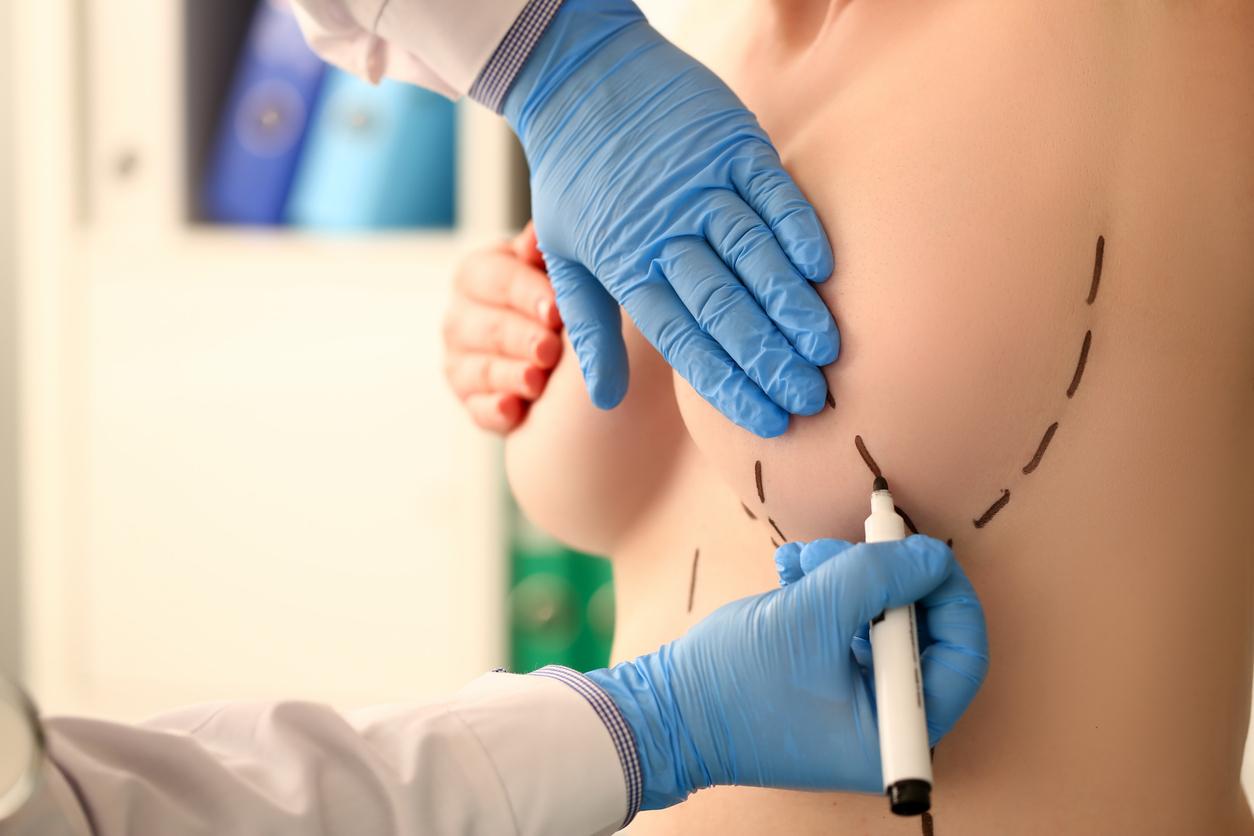A year ago, the Ministry of Health advised the preventive withdrawal of PIP prostheses. Studies have indicated that the gel used is non-compliant and that the risk of ruptures is 2 to 6 times higher than other implants within 5 years of implantation. On the other hand, no evidence of an increased risk of Cancer has not been demonstrated.
3290 ruptures of prostheses observed
The National Agency for the Safety of Medicines and Health Products (ANSM) has just carried out an assessment of the consequences of this scandal. At the end of October 2012, 14,327 women had their prosthesis removed, including 10,042 for preventive purposes. For 7919 women, the prostheses were found intact during explant and no health problems were reported.
On the other hand, 3,290 women had a ruptured PIP prosthesis, having been the subject of a report to the Agency from 2001 to the end of October 2012. These ruptures were detected during the ultrasounds monitoring recommended by the ANSM or preoperative assessments. The majority of ruptures were observed 6 years after implantation of the prostheses.
In addition, 3,399 inflammatory reactions were also observed in 1,957 women with PIP implants.
Continue the preventive withdrawal
Preventive explantations began in March 2010. But it was from January 2012 that the pace accelerated following the decision of the Ministry of Health asking that it be “offered to women with PIP implants to explant even without clinical signs of implant deterioration. “
Moreover, the ANSM recommends continuing these preventive withdrawals “taking into account the frequency and precocity of the adverse events observed abnormally in carriers of PIP implants”. The cost of explanting prostheses is covered by health insurance. Women who have received these prostheses following cancer are also reimbursed for the fitting of new prostheses.
















